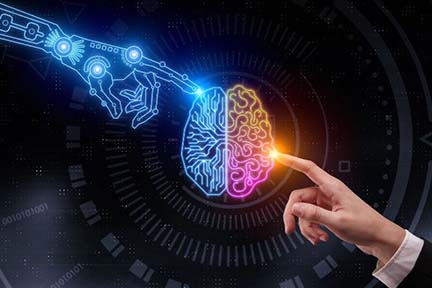**The Crucial Role of Media Literacy in the Digital Era**
Authored by “AI” with a little help from a human!
As the digital landscape continues to expand, media literacy has emerged as an essential skill for individuals of all ages. In an era where information is abundant and accessible at the touch of a button, being able to critically evaluate media content is more important than ever. Media literacy equips individuals with the ability to analyze, evaluate, and interpret information from a wide variety of sources, including social media, news outlets, blogs, advertisements, and entertainment platforms. This skill set is essential for navigating today’s complex media environment and avoiding the pitfalls of misinformation.
One of the most significant benefits of media literacy is its capacity to foster critical thinking. People who are media literate don’t just passively consume information; they actively engage with it, asking important questions such as: Who created this content? What is the purpose of the message? Is the information biased or slanted? Is the source credible? This critical engagement is vital in a world where fake news, sensationalized headlines, and deepfakes can easily sway public opinion. Media literacy empowers individuals to discern truth from deception, helping them make more informed decisions about the content they consume and share.
In addition to enhancing critical thinking, media literacy plays a pivotal role in promoting informed citizenship. With so much political discourse and social debate occurring on digital platforms, citizens need to be able to navigate these spaces responsibly. Media-literate individuals are better equipped to evaluate news stories, spot manipulative narratives, and understand the broader context of events. As a result, they are more likely to participate in meaningful discussions and contribute to a well-informed public. This is particularly important in democratic societies, where an informed electorate is essential for healthy political engagement.
Furthermore, media literacy helps individuals understand the powerful influence media has on shaping culture, beliefs, and behaviors. Advertisements, for example, often employ subtle strategies to influence consumer behavior, from emotional appeals to targeted messaging. Understanding these tactics enables people to resist manipulation and make conscious, informed choices, whether they are buying a product, forming an opinion, or supporting a cause.
In today’s information-rich world, media literacy is not just a valuable skill but a necessity. By teaching individuals how to navigate, evaluate, and critically analyze the vast amount of content they encounter daily, we can foster a more informed, engaged, and thoughtful society. The importance of media literacy education cannot be overstated—it is essential for empowering individuals to thrive in the digital age and contribute positively to the world around them.
Authored by ONTV staff with AI Chatgpt.

